Naoki Saito is the Director of the Yokohama branch of RIKEN, Japan’s largest comprehensive research institution. He is also Affiliated Fellow with the National Institute of Science and Technology Policy (NISTEP), a national research institution under Japan’s Ministry of Education, Culture, Sports, Science and Technology. Saito has extensive experience in education, diplomacy and science and technology policy.
How long have you been involved with Sitra?
I have been engaged in giving advice to Sitra’s priority programs since March 2016, when Sitra’s President Dr. Kosonen visited NISTEP (my previous home affiliation) to discuss about our potential co-operation mainly in the field of science and technology foresight.
How do you view your role on the Advisory Panel?
I recognise that my principal role on the prestigious Advisory Panel would be to give advice and comments from Asian perspectives and also upon ‘sciento-metrics’ point of view.
What should Finland be especially proud of?
Finland has been rated at the top of global education rankings, and still serves as one of the most innovation-oriented and entrepreneurial nations in the world, along with other emerging countries such as Singapore and Israel. I believe that you should be proud of maintaining that status even with a total population of 5.5 million.
How can Finnish society benefit from Sitra?
Apparently Sitra has been playing a significant role as the unique ‘Think-and-Do tank’ which not only triggers but also actually drives challenging initiatives in Finnish society and industry. At the same time it provides a clear vision into the future for the stakeholders through foresight-related exploratory programs such as megatrends and weak signals.
What challenges do you believe Finland needs to address?
It seems that the positive legacy of Nokia’s success, including engineering basis and human resources, has been a little exhausted, which might make it difficult for Finland (and Sitra) to continuously attract sufficient investment and talented personnel from all over the world. Furthermore, the somewhat unpredictable recent political and economic situation in Europe and the United States might give some adverse effects to the Finnish economy and its leading role as a deep-tech and entrepreneurial nation.
What are three crucial trends which guide your work?
Disruptive innovation trends in ICT and IoT, growing demands for open science and data policy and pressing needs for more globalisation (diversity and liquidity) of research and innovation.
You help to lead other organisations, such as NISTEP. How can NISTEP help Finland?
In particular, NISTEP would be able to co-operate with Sitra in the field of applying advanced methods of foresight and integrating them with bibliometric analysis in order to adequately explore and identify priority funding strategies, I expect.
Looking at the future, what do you think Sitra should do next?
Driving drastic changes in working-styles and the way of life not only in Finland but also in the world. In that context, Sitra’s initiative on the future of work advocated a couple of years ago was quite impressive.
Thank you very much for taking the time to talk to us. Do you have any final thoughts?
I heartily wish that Sitra could sufficiently retain its unique status (as a ‘Think-and-Do tank’) and current available resources (including its endowment) even after the upcoming general election of Finnish Parliament, under its bipartisan understanding and support to Sitra’s precious role in an international context.
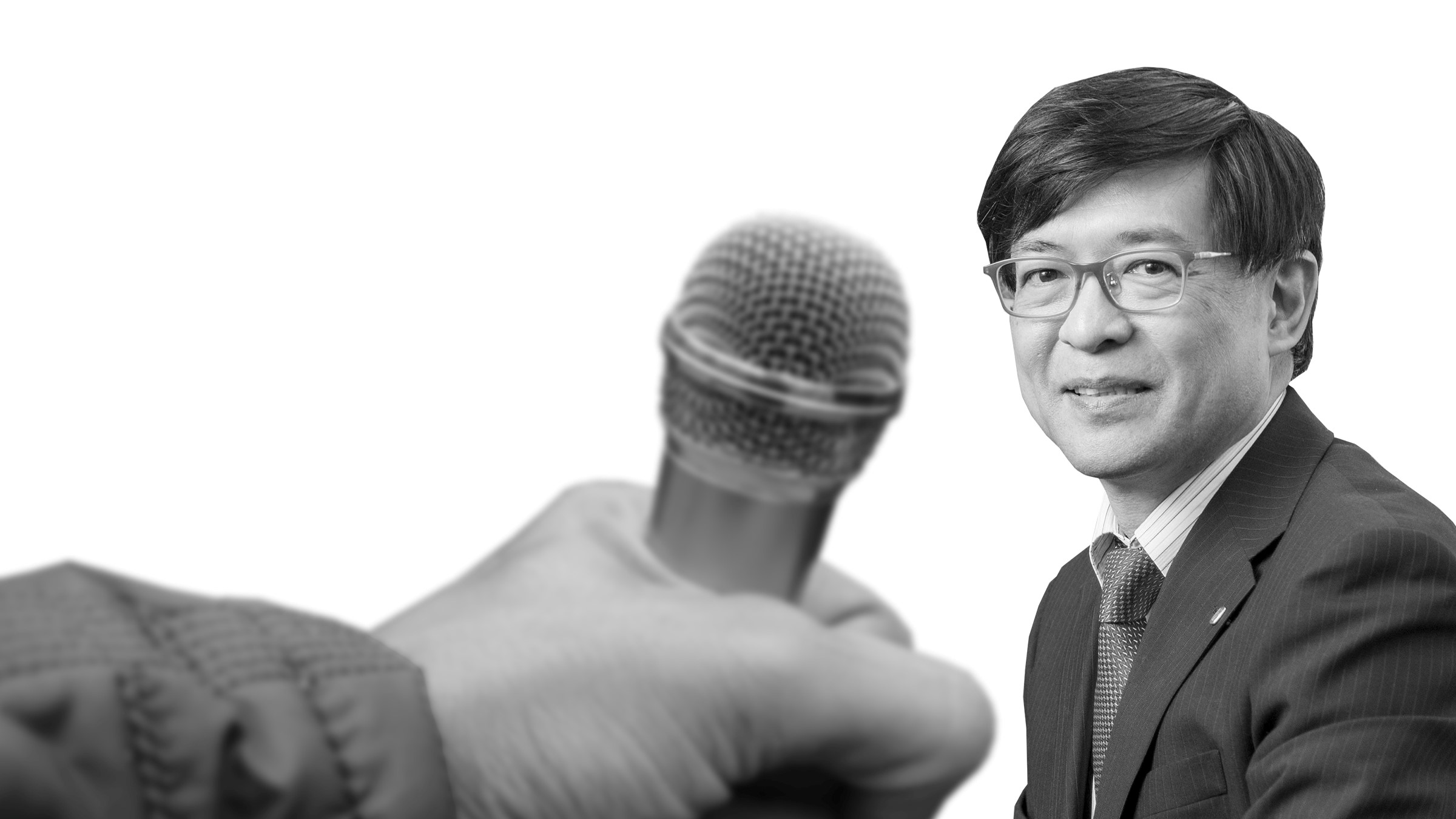
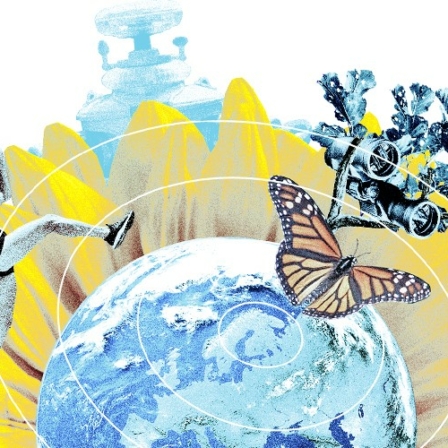


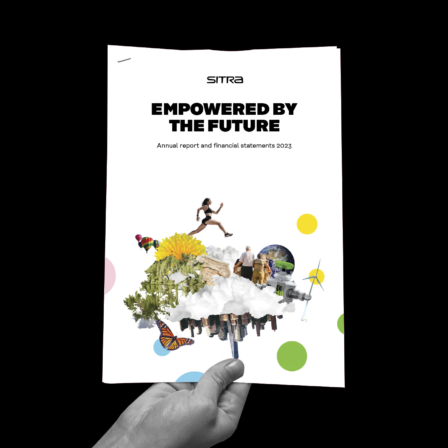






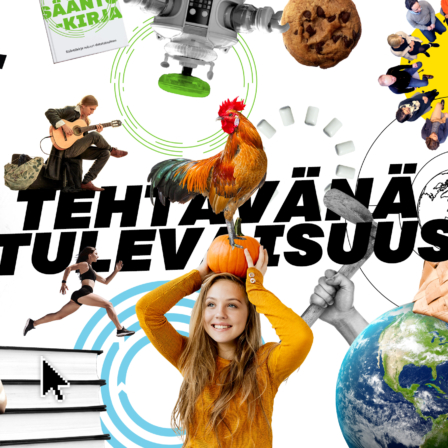



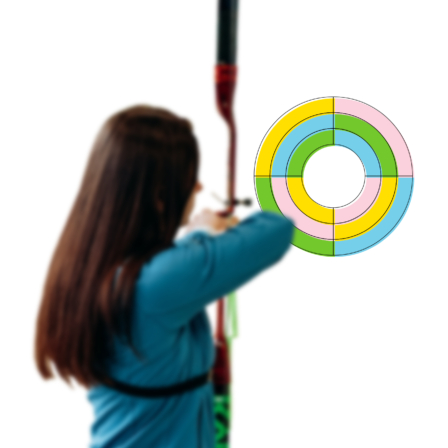

Recommended
Have some more.